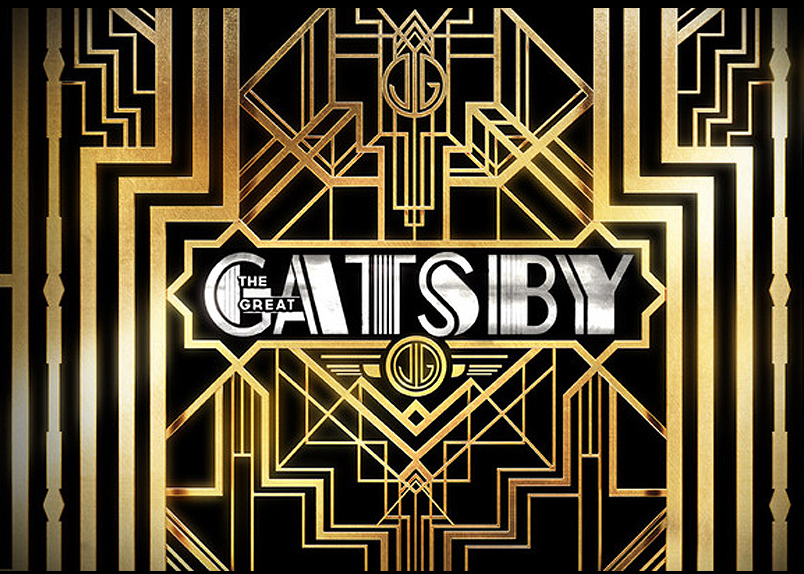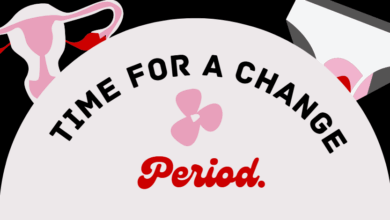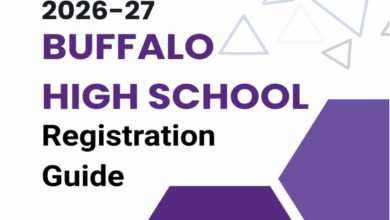
Imagine reading the same book 125 times. English Teacher Joel Squadroni has been teaching the same book for 32 years, reading the book at least twice a year plus more in his leisure time. What book could he love so much that he puts this much time and effort into it? None other than F. Scott Fitzgerald’s The Great Gatsby.
Based in the 1920’s, The Great Gatsby is a short read filled with strong personalities and many social issues that high school students can find interest in and relate to.
“The 1920’s was a very attractive time,” Squadroni said. “The book is short, colorful, and for a classic novel, it’s rather contemporary. I love to teach it. If I wasn’t teaching Novels, I would find a way to squeeze it into any class curriculum. I love reading it myself.”
Squad doesn’t only love reading Gatsby, but he loves to teach it.
“Gatsby is a story told in symbols. I love to watch as my students start to piece them together and understand how the symbols tie into the overall message of the book,” Squadroni said. “It’s like looking at a Picasso painting: seeing what all the parts and shapes mean and making those connections. Watching that in my students as they read Gatsby is pretty cool. This book is always a favorite in my classes.”
Not only is it a popular novel among Classic Novel students, worldwide approximately 300,000 copies are sold each year. National Public Radio also put Jay Gatsby at the top of the 100 Best Characters in Fiction for the 1900’s. With such wide popularity, there’s no way that Gatsby isn’t indeed Great.
“Jay Gatsby is absolutely great,” Squadroni said. “He is committed to his vision, and without a doubt that can be dangerous, but he completely applies himself and it’s admirable. He has faith in life and gives himself a reason to live. He makes it worth living with great possibility. Lots of people give up on life, or they’re skeptical and jaded. Some see Gatsby as foolish, but he just had vision. DaVinci looked like a fool with his ideas, but they inspired others to believe more is possible. Heroes become heroes because they can dream and the dreamers always come first.”





